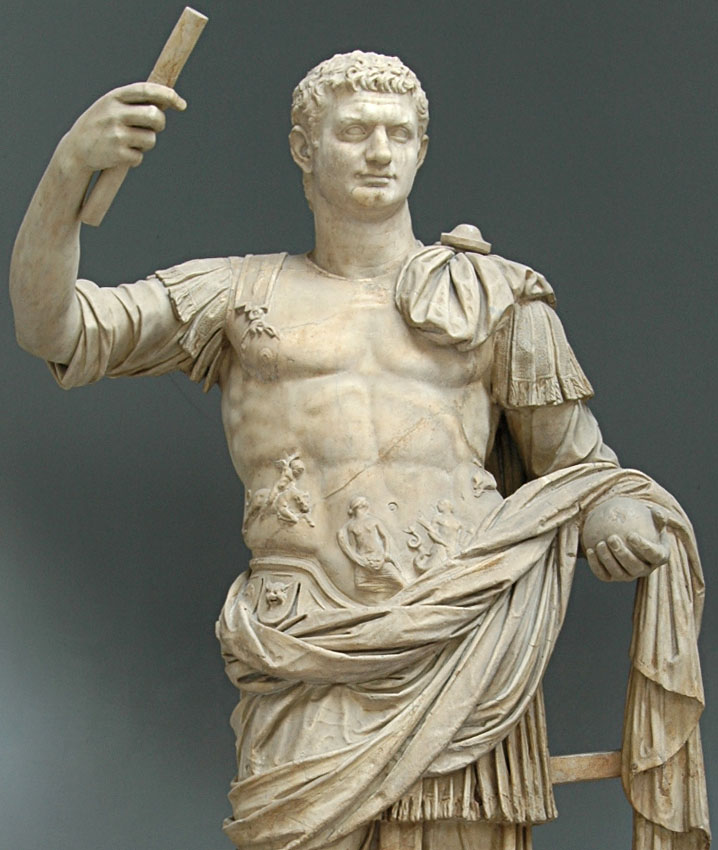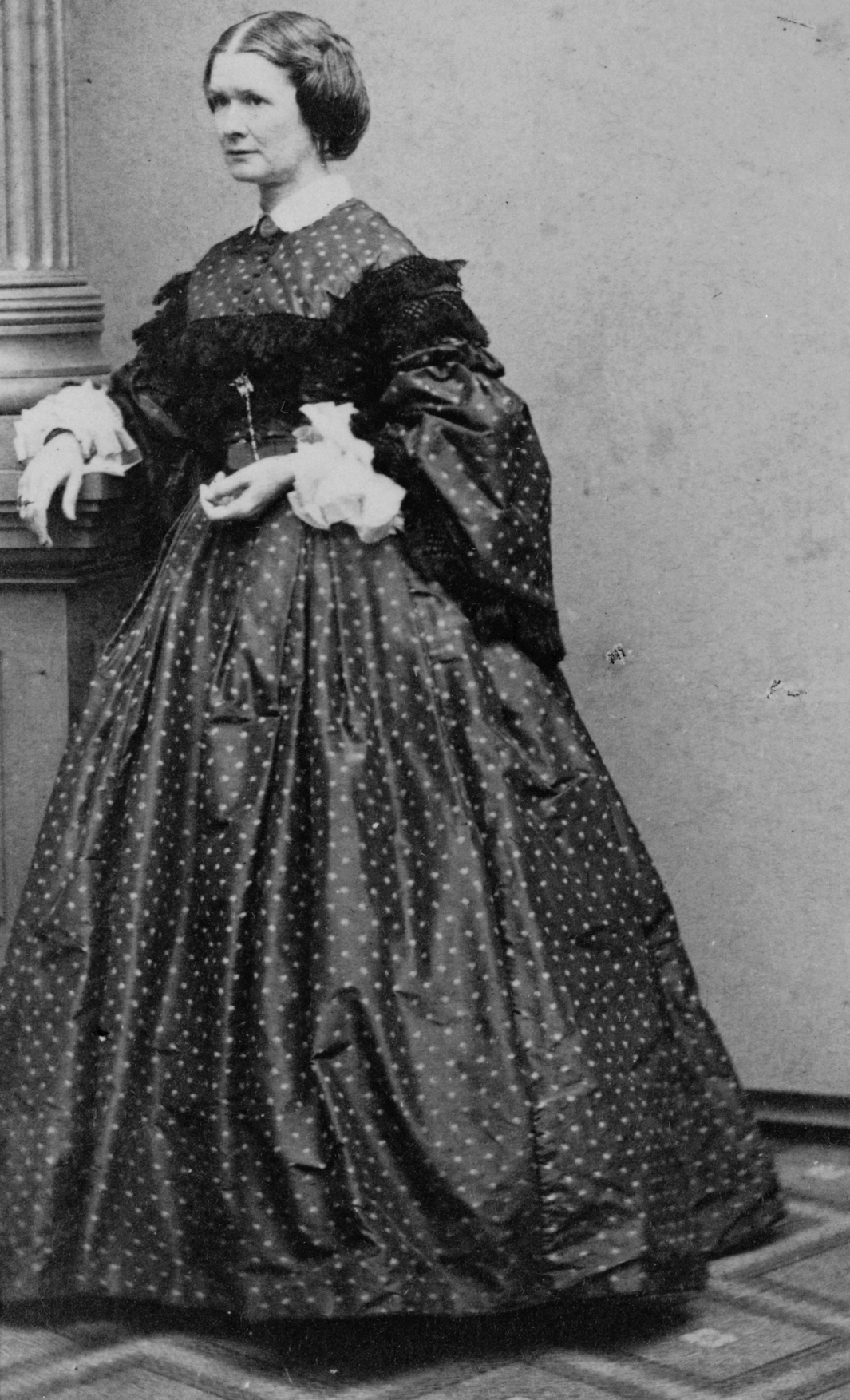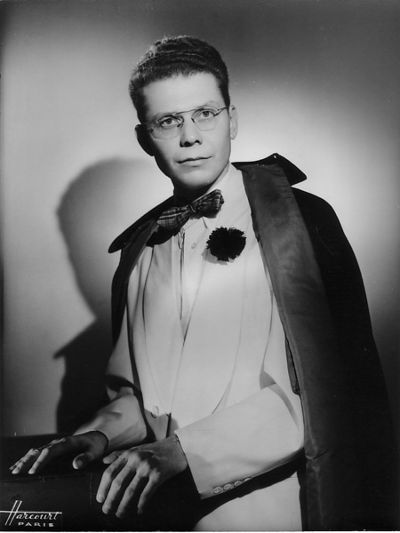|
Gay Wisdom for Daily Living brought to you by White Crane Institute ͏ ͏ ͏ ͏ ͏ ͏ ͏ ͏ ͏ ͏ ͏ ͏ ͏ ͏ ͏ ͏ ͏ ͏ ͏ ͏ ͏ ͏ ͏ ͏ ͏ ͏ ͏ ͏ ͏ ͏ ͏ ͏ ͏ ͏ ͏ ͏ ͏ ͏ ͏ ͏ ͏ ͏ ͏ ͏ ͏ ͏ ͏ ͏ ͏ ͏ ͏ ͏ ͏ ͏ ͏ ͏ ͏ ͏ ͏ ͏ ͏ ͏ ͏ ͏ ͏ ͏ ͏ ͏ ͏ ͏ ͏ ͏ ͏ ͏ ͏ ͏ ͏ ͏ ͏ ͏ ͏ ͏ ͏ ͏ ͏ ͏ ͏ ͏ ͏ ͏ ͏ ͏ ͏ ͏ ͏ ͏ ͏ ͏ ͏ ͏ ͏ ͏ ͏ ͏ ͏ ͏ ͏ ͏ ͏ ͏ ͏ ͏ ͏ ͏ ͏ ͏ ͏ ͏ ͏ ͏ ͏ ͏ ͏ ͏ ͏ ͏ ͏ ͏ ͏ ͏ ͏ ͏ ͏
|
|
||||
| This Day in Gay History | ||||
October 25Born 0051 - DOMITIAN (Titus Flavius Domitianus) Roman emperor, born (d: 96 C.E.); a Roman Emperor who reigned from October 14, 81 CE until his death on 18 September 18, 96 CE. Domitian was the last emperor of the Flavian dynasty, which ruled the Roman Empire between 69 and 96, encompassing the reigns of Domitian's father Vespasian (69–79), his elder brother Titus (79-81), and finally Domitian's own. Domitian's greatest passions were the arts and the games. He implemented the Capitoline Games in 87 CE. Like the Olympic Games, they were to be held every four years and included athletic displays, chariot races, but also oratory, music and acting competitions. The Emperor himself supported the travels of competitors from the whole empire and attributed the prizes. He was also very fond of gladiator shows and added important innovations like female and dwarf gladiator fights. Much fuss is made and a great deal of misinformation about the wives he left for new wives, and wives who were found in the arms of actors. Particularly one actor, Paris. Wives, wives, wives! But in point of fact it was Domitian who left his wife Domitia for handsome actor Paris, ditching Domitia despite the shock (and delight) averred by all of Rome. OK…ok…not too long after, he threw Paris out for cuckolding him with Domitia, who he then promptly took back. Good idea, I suppose, to keep someone like her close to you. Bad choice, one might say, since Domitia saw to it that her husband (lost? Domitian, the emperor husband…try to keep up) was promptly murdered. Died 1882 - EMMA STEBBINS, American sculptor, died (b: 1815); Born and raised in a wealthy New York family, Stebbins was encouraged by her family in her pursuit of art from an early age. In 1857, sponsored by her brother Col. Henry G. Stebbins, head of the New York Stock Exchange, she moved to Rome where she studied under John Gibson an English neoclassicist working there at that time. In Rome she fell in love with actress Charlotte Saunders Cushman, and quickly became involved in the bohemian and feminis Lesbian lifestyle, which was more tolerated there than it would have been back in New York. Cushman was confidant, strong, and charismatic, and recently recovering from a break up following a ten-year relationship with the actress Matilda Hays. Cushman and Stebbins began travelling together, immediately taking a trip to Naples. Upon their return, they began spending time in a circle of fellow lesbians that included sculptor Harriet Hosmer and African-American/Native American American sculptor Edmonia Lewis/Mary Lewis. In this environment, the women flourished without regard for showing outward affection for one another. One of Stebbins' early commissions was a portrait bust of Cushman between 1859-1860. In 1869, Cushman was treated for breast cancer. Stebbins devoted all her time during that ordeal to nursing her lover, ignoring her work during the next two years. The following year, the couple returned to the United States. Cushman died of pneumonia in 1876 at the age of 59. Following the death of Cushman, Stebbins never produced another sculpture. She released the correspondence, Charlotte Cushman: Her Letters and Memories of Her Life in 1878. Stebbins died in New York in 1882, at the age of 67. 1980 - VIRGIL FOX, American organist died (b. 1912); A renowned organist, known especially for his flamboyant "Heavy Organ" concerts of the music of Bach. These groundbreaking events appealed to audiences in the 1970s who were more familiar with rock and roll music, and were staged complete with light shows. In 1946, the Riverside Church in Manhattan hired a "partnership" (term used in The Church Monthly) of Organist Virgil Fox and Choir Director Richard Weagly who were a Gay couple openly living together. Fox’s many recordings made on the RCA Victor and Capitol labels, mostly in the 1950s and 1960s, have been re-mastered and re-released on CD in recent years. They continue to be widely available in mainstream music stores. In his long and brilliant career, Virgil Fox gave recitals on practically every important organ in the world. He inaugurated the Rodgers Carnegie Hall organ in 1974, which he had designed. In 1977, to celebrate the 50th anniversary of his concert debut, he played a sold-out concert ("The Bach Gamut") at Kennedy Center and in Tokyo, Japan at NHK Hall; and performed the Joseph Jongen Symphonie Concertante with the NHK Symphony. Perhaps the most daring concert Virgil Fox ever played was at the Mecca of rock music, New York's Fillmore East, where, in 1970, he gave an all-Bach program combined with a light show on the Rodgers Touring Organ. Virgil Fox is credited with bringing the music of Bach to young people with an innovative and exciting style, although he often drew adverse criticism from some of his colleagues in the organ world and from those music critics who found his approach too flamboyant. Fox, who affected a beret and a crimson-lined black cape, and drove around in a pink Cadillac convertible, didn't care what anybody thought about who he was. "How good to see you, Lawrence, Honey," one of his students, Ted Alan Worth, recalled hearing him address a Riverside Church dignitary from the organ console after a Sunday service. The reply was shocked: "I'm not your honey, and kindly never address me that way again." But as Worth noted in a memoir, to Fox everyone was Honey. "To anyone who was gay, there was no question as to what Virgil was," Worth wrote, and Fox made no bones about being gay. "He was quite proud of what he was, and never once did he feel the slightest bit second class." | ||||
|
|8|O|8|O|8|O|8|O|8|O|8|O|8|O|8| Gay Wisdom for Daily Living from White Crane Institute "With the increasing commodification of gay news, views, and culture by powerful corporate interests, having a strong independent voice in our community is all the more important. White Crane is one of the last brave standouts in this bland new world... a triumph over the looming mediocrity of the mainstream Gay world." - Mark Thompson Exploring Gay Wisdom & Culture since 1989! |8|O|8|O|8|O|8|O|8|O|8|O|8|O|8| | ||||
|
|||||
|




